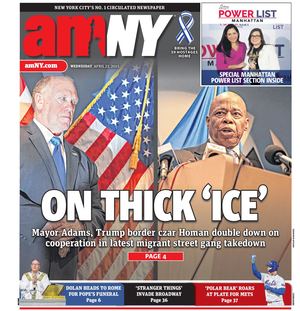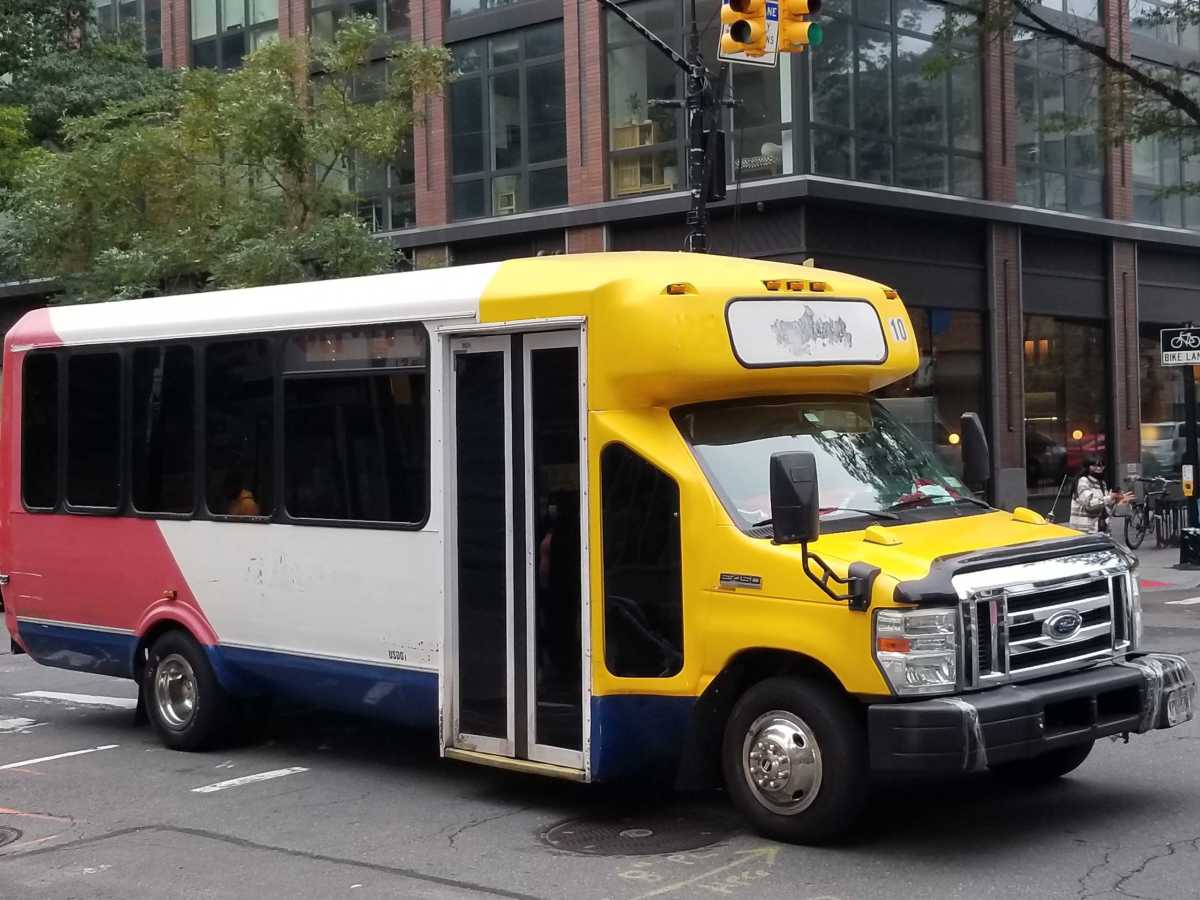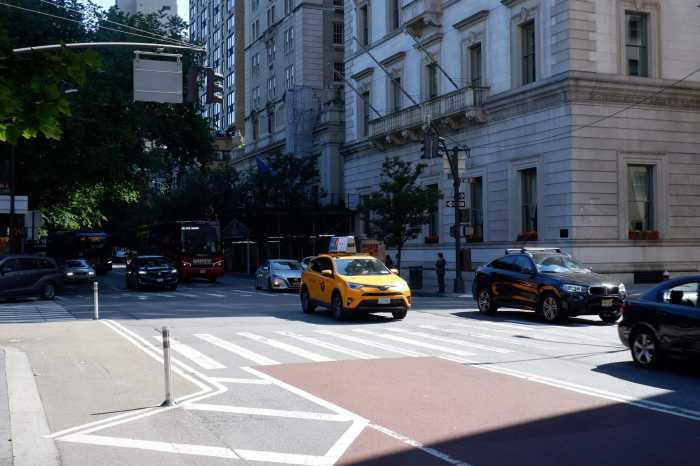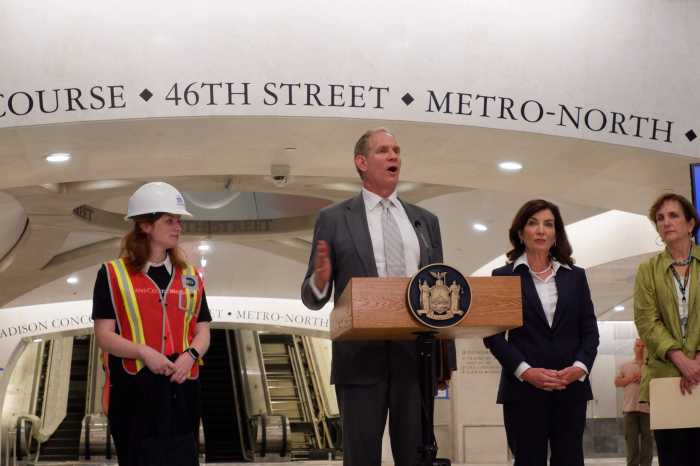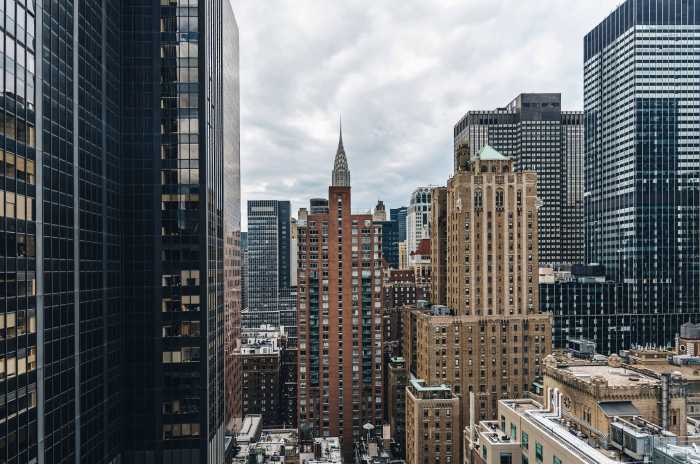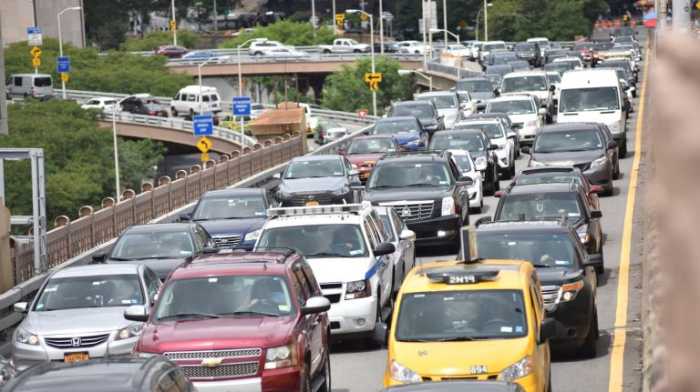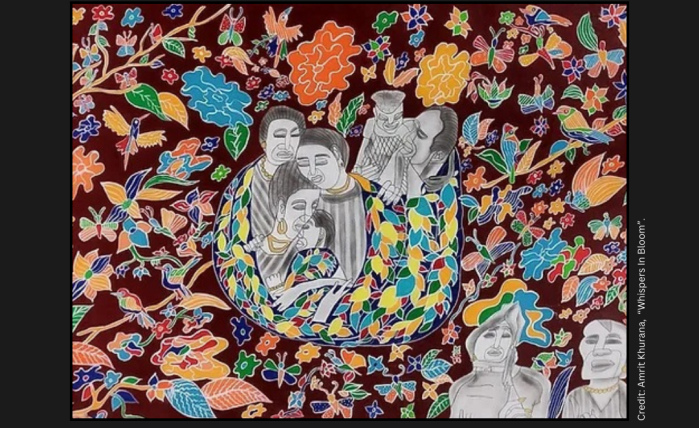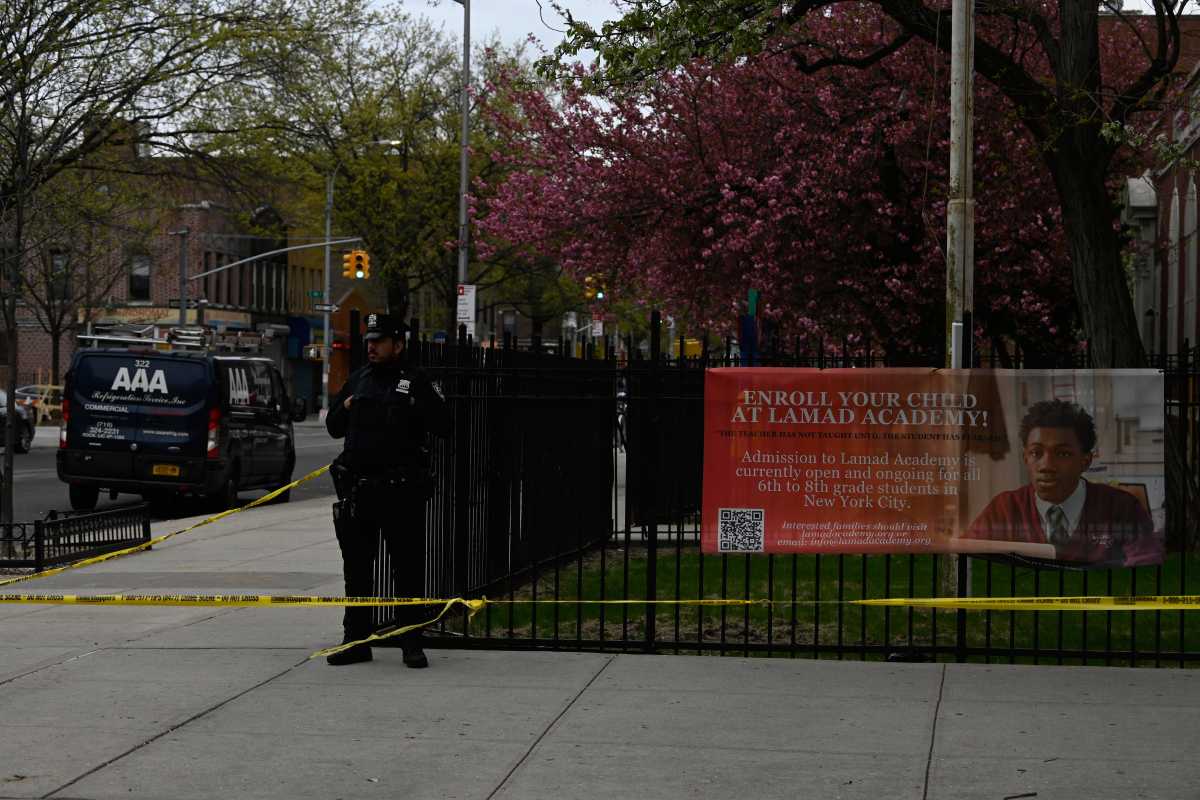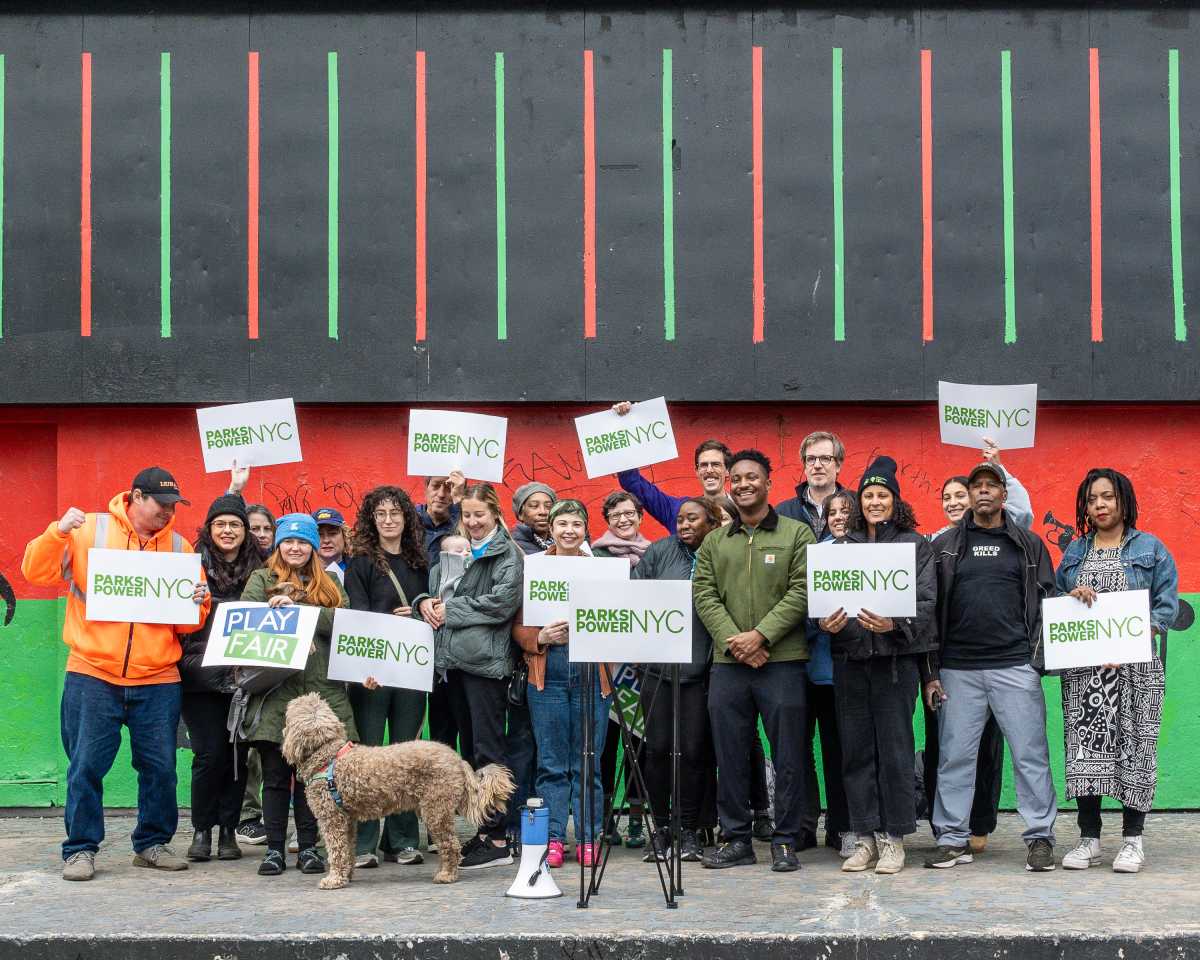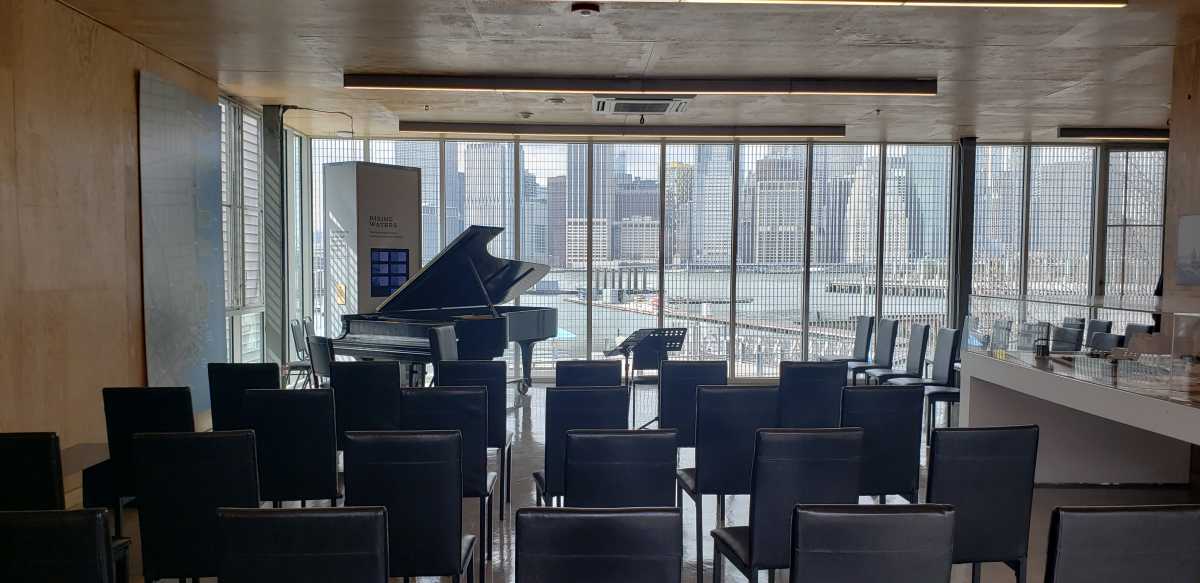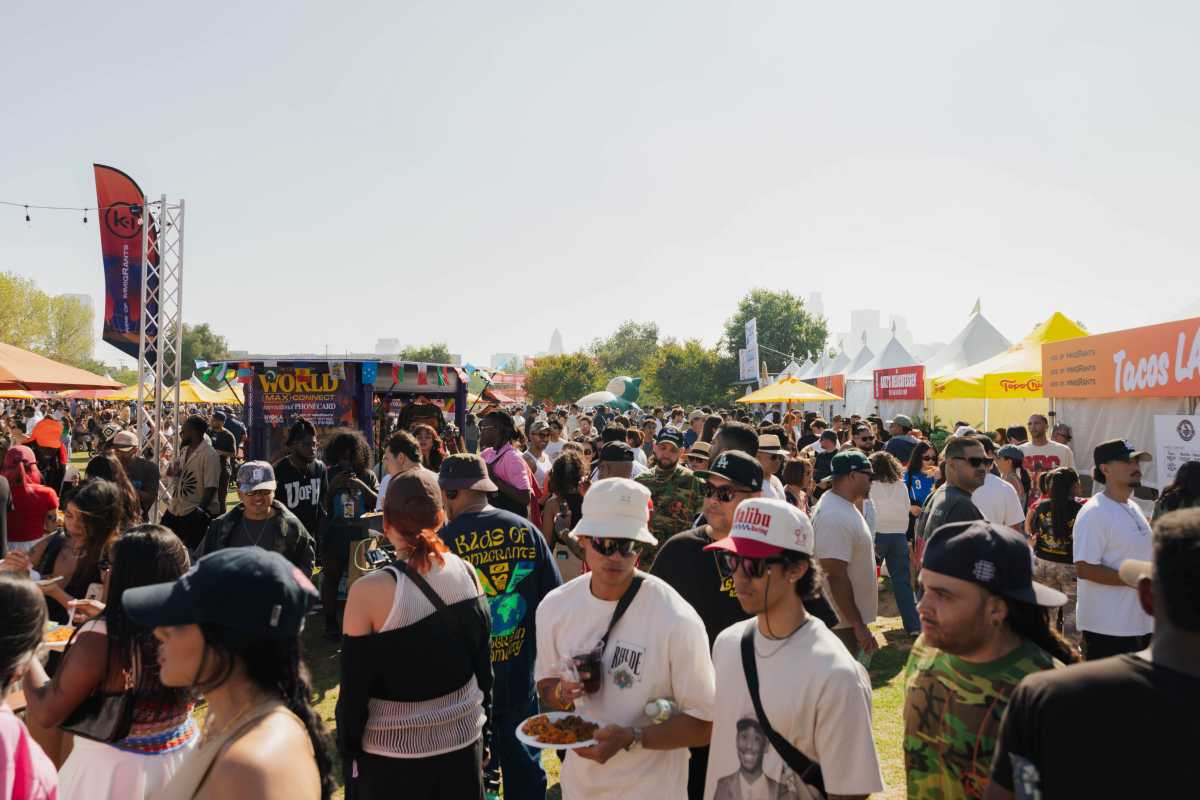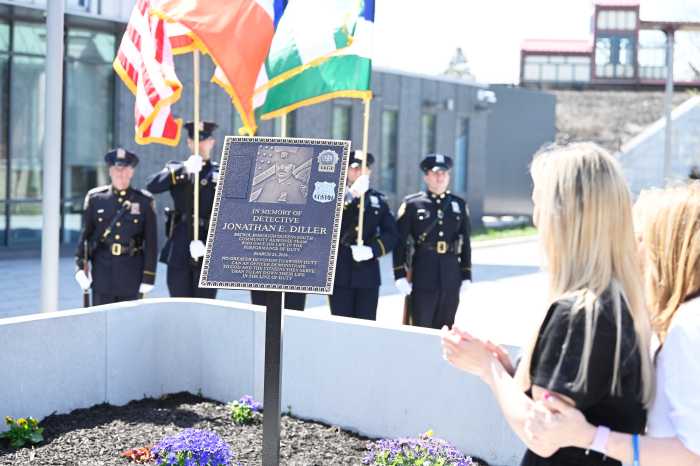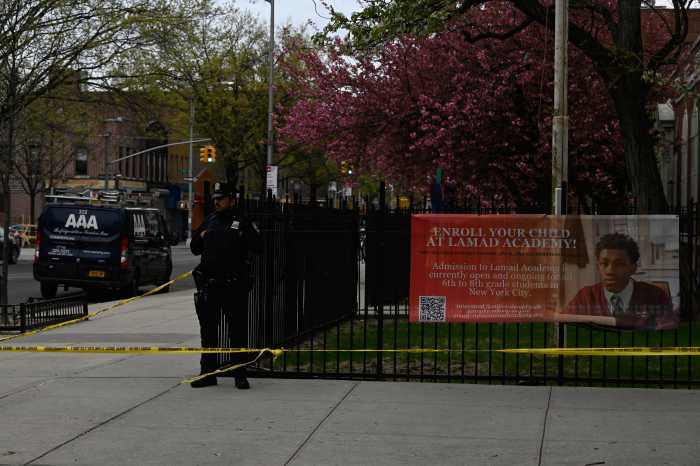Elected officials from the city’s three largest Chinatowns are seeking to fully exempt dollar vans from congestion pricing, arguing they are a high-volume transportation option connecting the city’s dispersed Asian communities.
Nine electeds repping the Chinatowns in lower Manhattan, northeast Queens, and southern Brooklyn signed a letter to the MTA panel deliberating toll rates, rules, and exemptions for the first-in-the-nation congestion charge, requesting that the unofficial but critical fleet of dollar vans, also known as commuter vans, that ferry people along underserved routes across the city not be hit with the toll to enter Manhattan south of 60th Street, which could run up to $23.
Dollar vans, which these days usually cost $2, are popular along Flatbush Avenue in Brooklyn and in subway-deprived eastern Queens. But the one with the most uncertainty going into congestion pricing, which is set to launch next spring, is the fleet connecting Chinatown in Manhattan to Flushing, Queens and Sunset Park, Brooklyn, the city’s three largest concentrations of Asian residents.
Tolling the vans, which can carry up to 20 passengers, would complicate the commutes of Asian New Yorkers heading to Manhattan for work, the pols say in their letter to the Traffic Mobility Review Board (TMRB).
“Many Asian New Yorkers from the outer boroughs use commuter vans to access their jobs in Lower Manhattan, and the direct route they provide between Brooklyn, Queens and, Chinatown often cuts their commute times in half,” reads the letter. “A toll on commuter vans will make it more difficult for the workers using these vans to access their jobs.”
The letter was signed by state Senators John Liu, Brian Kavanagh, and Iwen Chu, state Assembly Members Grace Lee, Steven Raga, Ron Kim, William Colton, and Nily Rozic, and City Council Member Christopher Marte.
A toll on dollar vans, which would most likely result in a higher fare, would also keep residents of the outer boroughs from heading to Chinatown to shop and eat, and would make it cost-prohibitive to travel between the Chinatowns to visit friends and family, the pols contend.
What’s more, dollar vans are a “culturally competent alternative” to mass transit for Asian New Yorkers, according to the letter, which notes that the city has seen a 300% rise in hate crimes targeting Asians since the onset of the pandemic.
“Commuter vans offer the Chinese communities in Manhattan, Queens, and Brooklyn a much-needed service that is not being provided by other forms of public transportation: safe, language-accessible, and culturally competent means for people to access jobs, resources, and family,” said Lee, who represents Manhattan’s Chinatown in the Assembly. “They should be exempt from tolls under the congestion pricing plan.”
Dollar vans are just one of more than 120 formal exemption and discount requests the TMRB has received, which range from taxis and for-hire vehicles to parents, senior citizens, judges, retired cops, people attending religious services, and even “passenger cars.”
Dollar vans first came on the scene decades ago as a cheaper, unofficial form of transit taking on routes left to the wayside by the MTA. Today, van operators can make their business legit, but an extensive compendium of rules and fines leads much of the industry to remain unregistered. The city does not track how many vans picking up and dropping off passengers are unregistered, but The City reports that only 31 operating today are licensed with the Taxi & Limousine Commission.
Like MTA buses, dollar vans have faced rough headwinds during the pandemic, with a reduced customer base and insurance costs through the roof, but by-and-large, the cash-only fares still remain well below the cost of a traditional bus ride.
An MTA spokesperson did not take a position on the proposed exemption but noted that every exemption granted causes the toll to be raised for everyone else.
